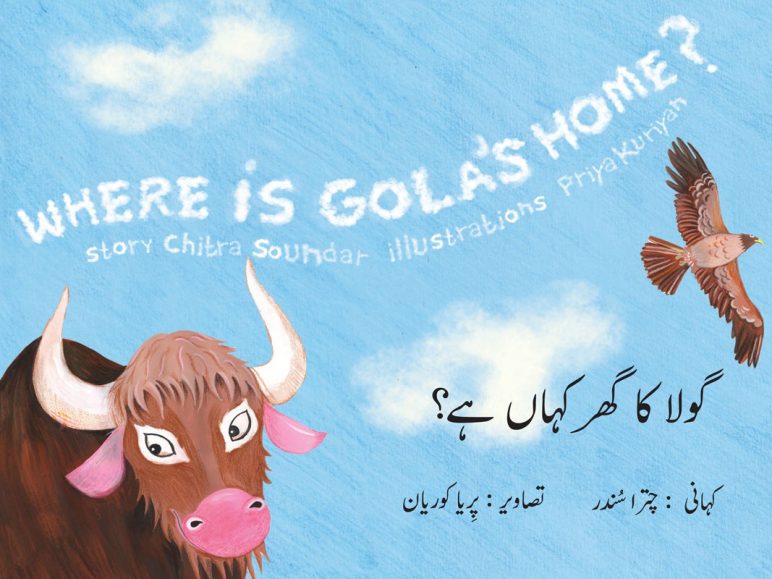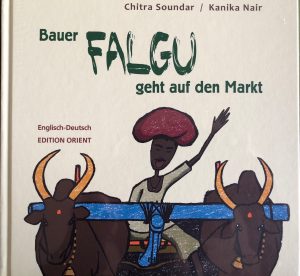United Nations says,
“Languages, with their complex implications for identity, communication, social integration, education and development, are of strategic importance for people and planet. Yet, due to globalization processes, they are increasingly under threat, or disappearing altogether. When languages fade, so does the world’s rich tapestry of cultural diversity. Opportunities, traditions, memory, unique modes of thinking and expression — valuable resources for ensuring a better future — are also lost.
At least 43% of the estimated 6000 languages spoken in the world are endangered. Only a few hundred languages have genuinely been given a place in education systems and the public domain, and less than a hundred are used in the digital world.”
My mother language is Tamil and I never learnt it formally. I learnt Tamil at home – to speak, to read and to write. I read every magazine and book my parents were reading and of course Tamil Cinema had wonderful songs that was full of poetry.
Every year in January, during festivals and holidays, we listened to debates and poetry in Tamil and often went to see plays and movies in Tamil.
My first poem was in Tamil when I read a poem by Poet Suratha. Find out more about how Suratha inspired me here.
 I continued to write in Tamil and one of the teachers, who was also our vice principal and was a scholar in Tamil helped me in the library outside school hours. I then wrote a puppet show about Economics in Tamil and wrote a long poem about India’s warrior poet Subramania Bharathi.
I continued to write in Tamil and one of the teachers, who was also our vice principal and was a scholar in Tamil helped me in the library outside school hours. I then wrote a puppet show about Economics in Tamil and wrote a long poem about India’s warrior poet Subramania Bharathi.
But we also learnt English right from kindergarten and slowly, by the time I left primary school I had started to think in English. I read both Tamil and English fiction relentlessly, but with more English than Tamil.
Then when I was in my first year at university I entered a state-wide competition on the state of education in our country and I wrote an article in Tamil for this. I was so worried because I had never written anything formal in Tamil and one of my friends, who knew her grammar and spellings, helped me edit it. I won the first prize in that competition. But sadly that was my last published work in Tamil.
Now I write in English and rarely write in my mother tongue and I agree with the statement from United Nations. Forgetting your language is much more than forgetting the language, we lose the culture, literature and even social norms, proverbs, adages and more.
If you talk to a man in a language he understands, that goes to his head. If you talk to him in his language, that goes to his heart.
As an aunt of mixed race nephews, I’m constantly thinking about how I could show them the beauty of their mother language. They listen to music, and hear us talk but they live here. And they don’t often get to explore the language the same way as we did growing up in India.
And it is possible to forget your mother tongue if you don’t use it. This article at Babbel explains the research behind it.
Here is a beautiful poem Jesus Never Understood My Grandmother’s Prayers by Mikeas Sánchez, who writes in the Zoque language.
My grandmother never learned Spanish was afraid of forgetting her gods was afraid of waking up in the morning without the prodigals of her offspring in her memory My grandmother believed that you could only talk to the wind in Zoque but she kneeled before the saints and prayed with more fervor than anyone Jesus never heard her my grandmother’s tongue smelled like rose apples and her eyes lit up when she sang with the brightness of a star Saint Michael Archangel never heard her my grandmother’s prayers were sometimes blasphemies jukis’tyt she said and the pain stopped patsoke she yelled and time paused beneath her bed In that same bed she birthed her seven sons —Translated from the Zoque by David Shook
Check out my bi-lingual books that help many children read both in English and their mother-tongue.
Are you a young person whose mother language is different from the one you speak most of the time? Go and find out more about your language. Learn about poetry, proverbs and stories from your mother language and find ways to listen to it being spoken. You won’t regret it.





